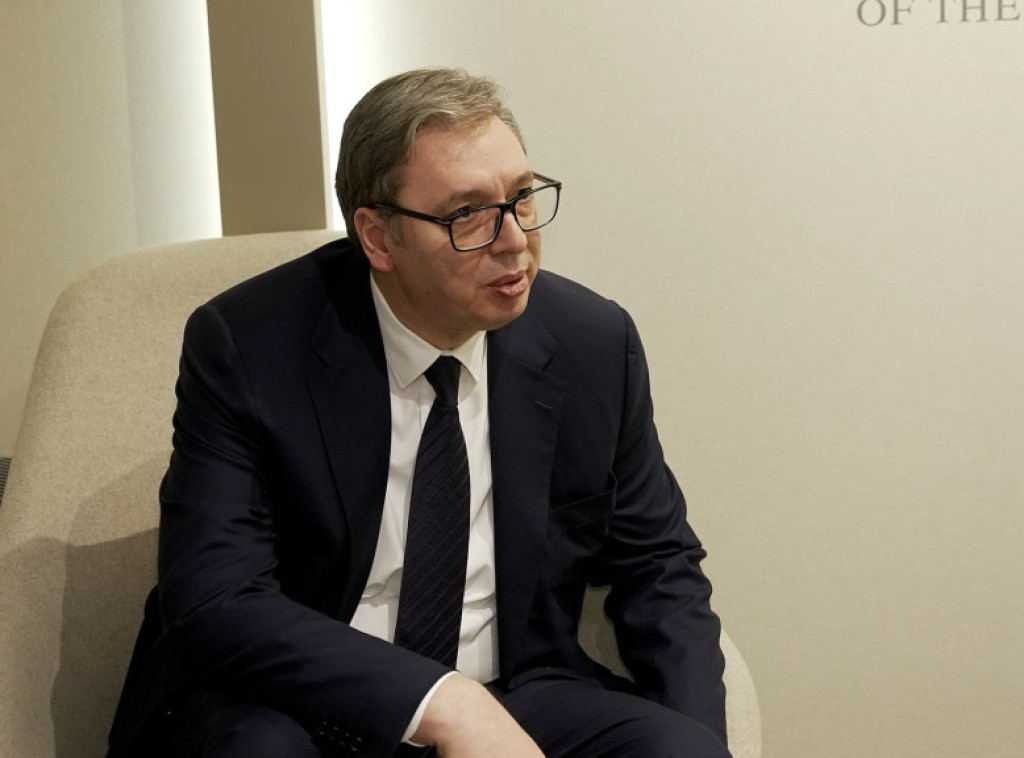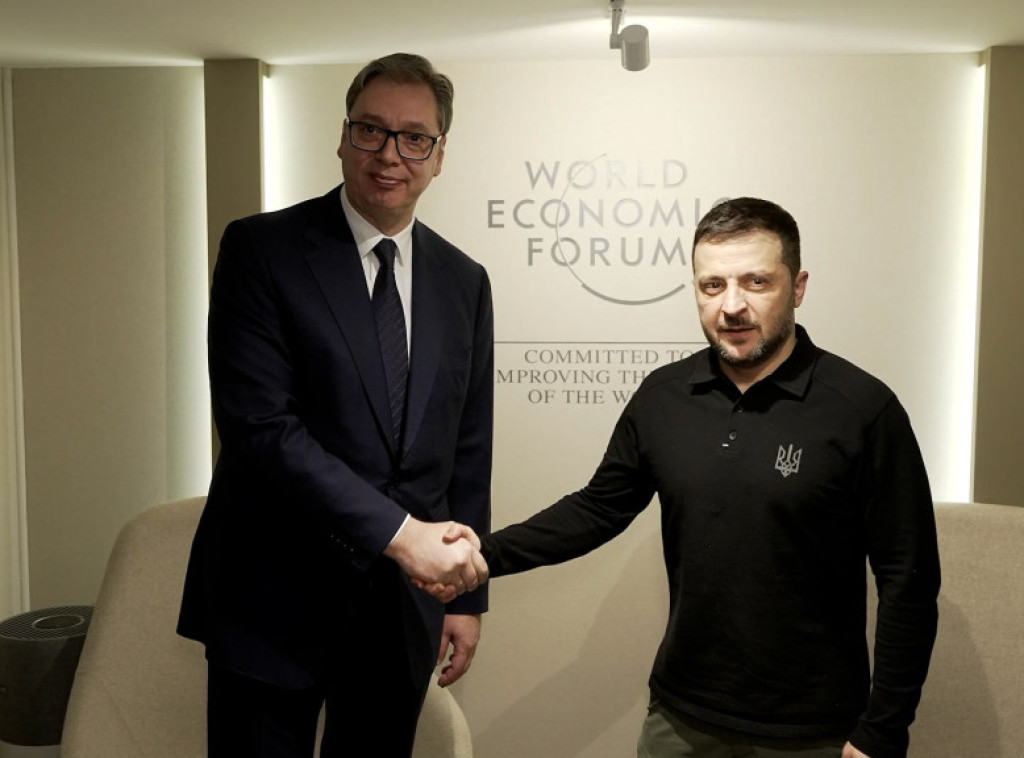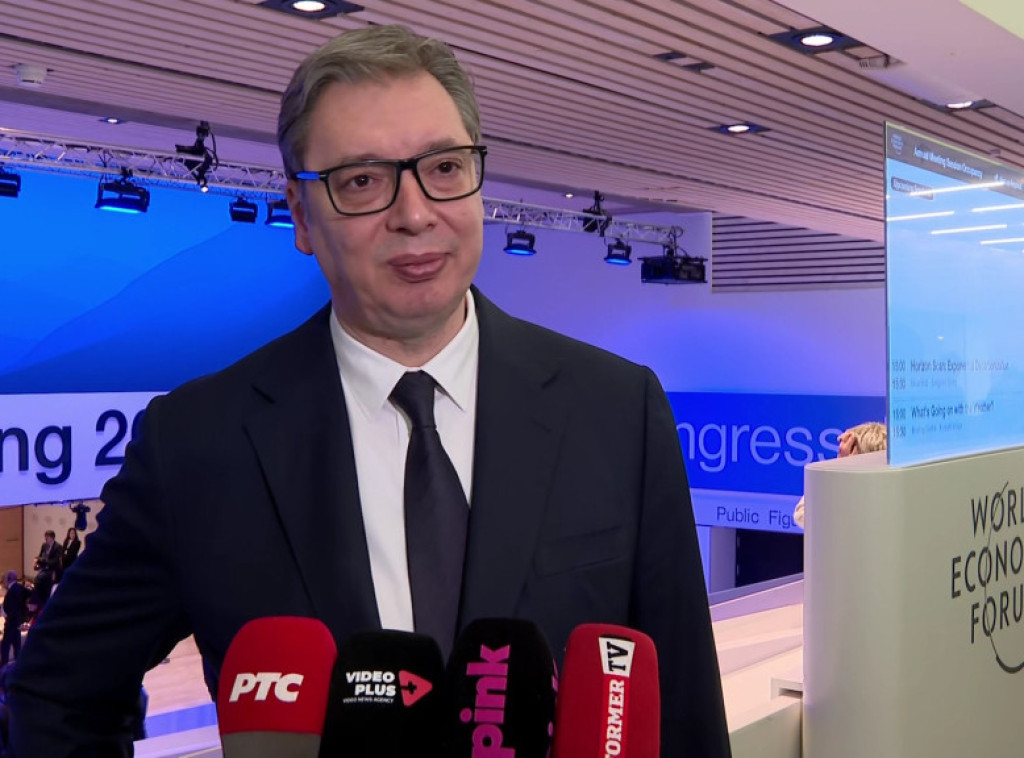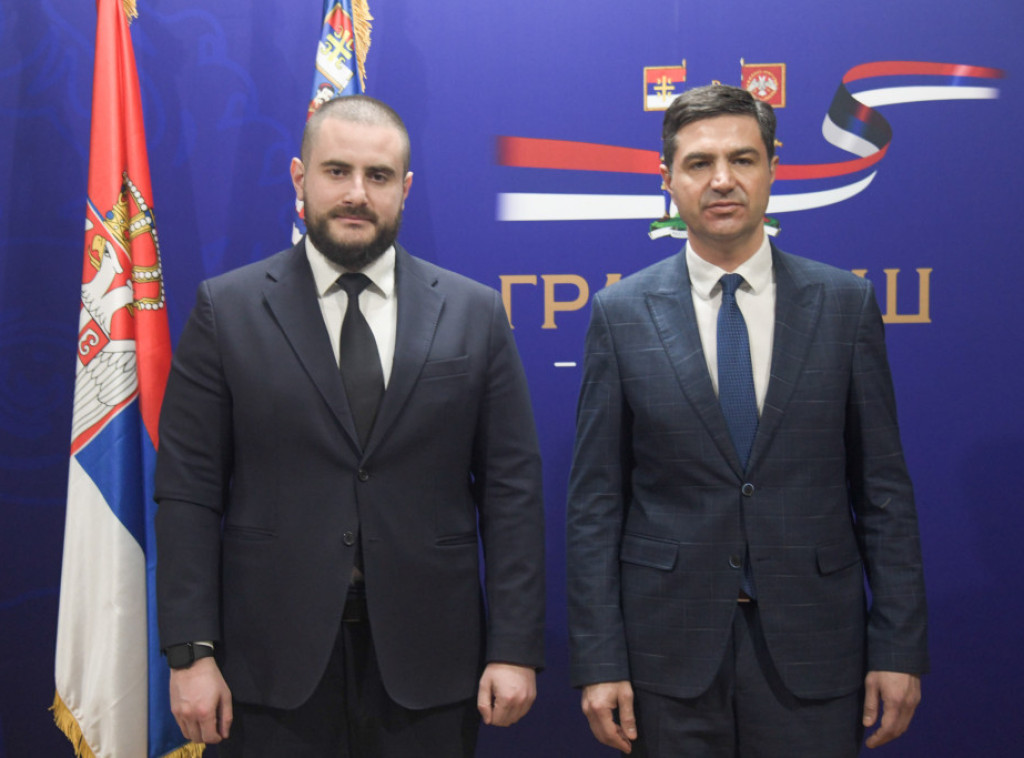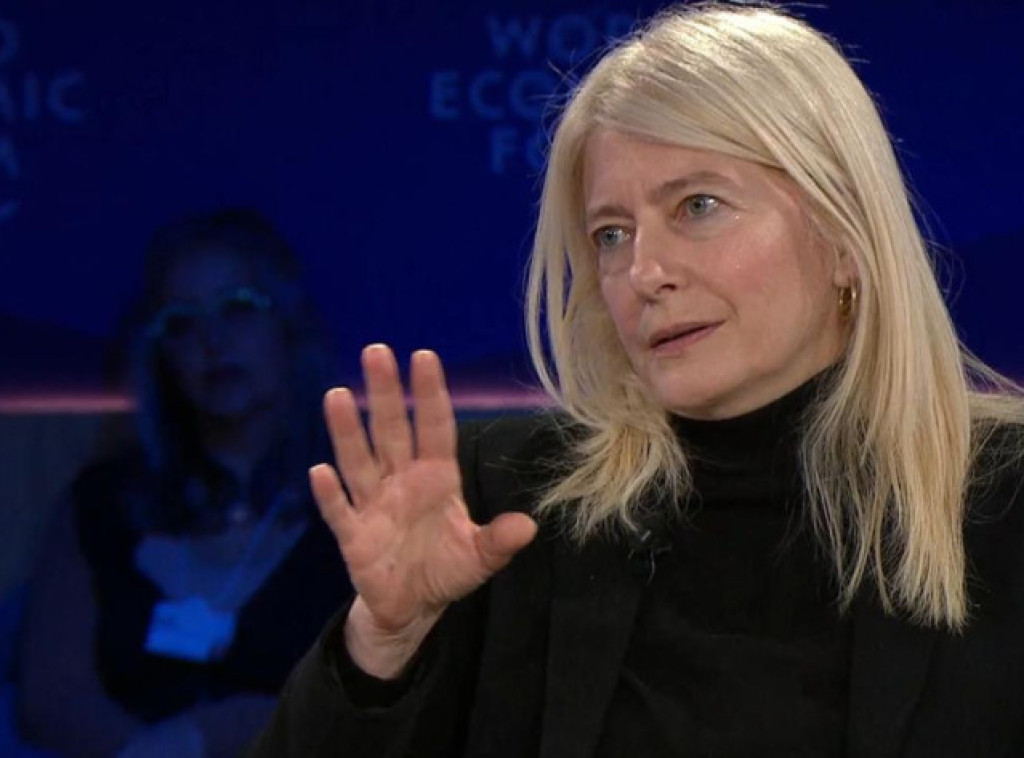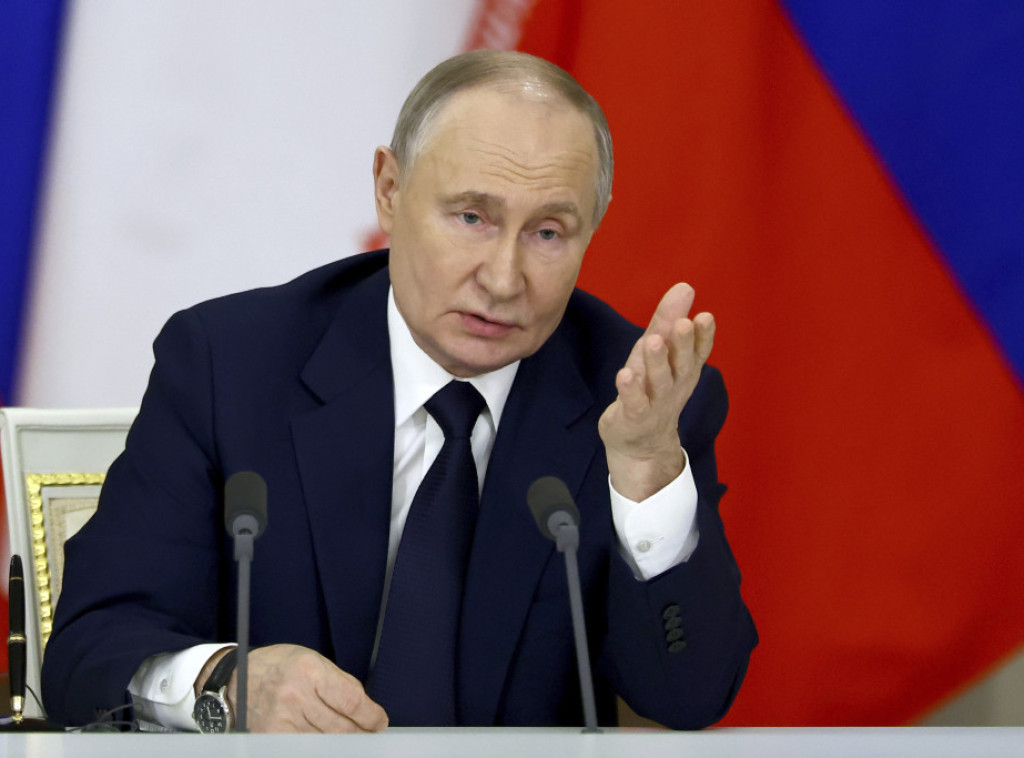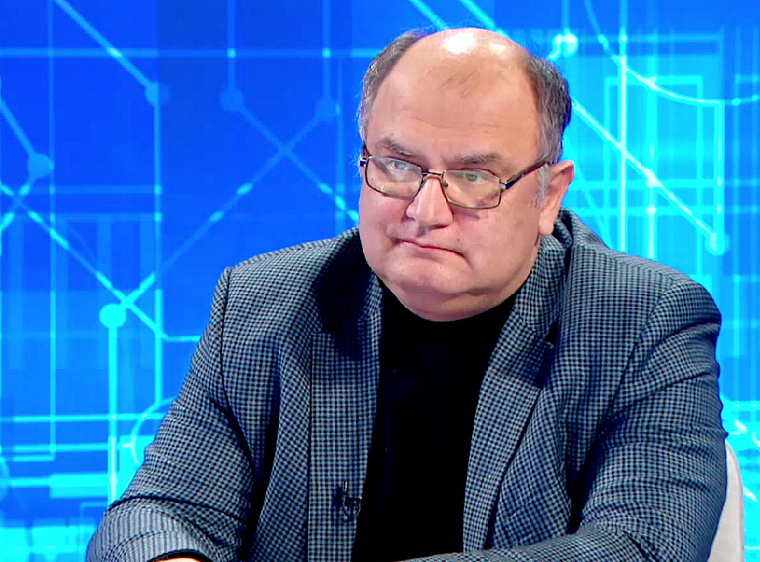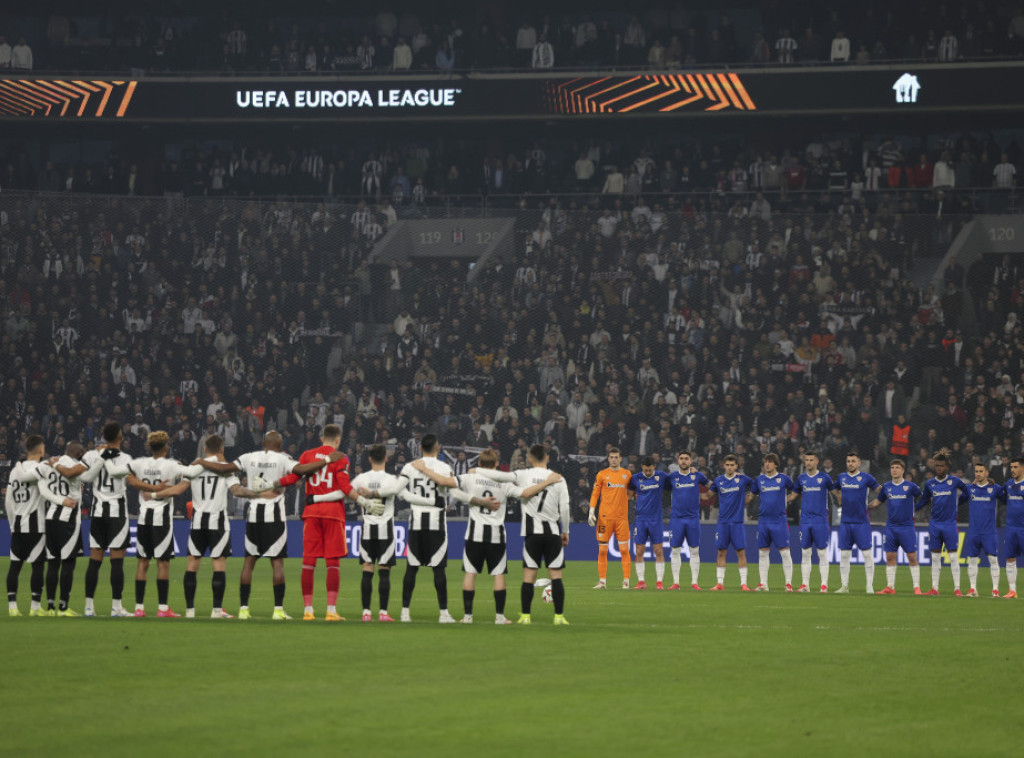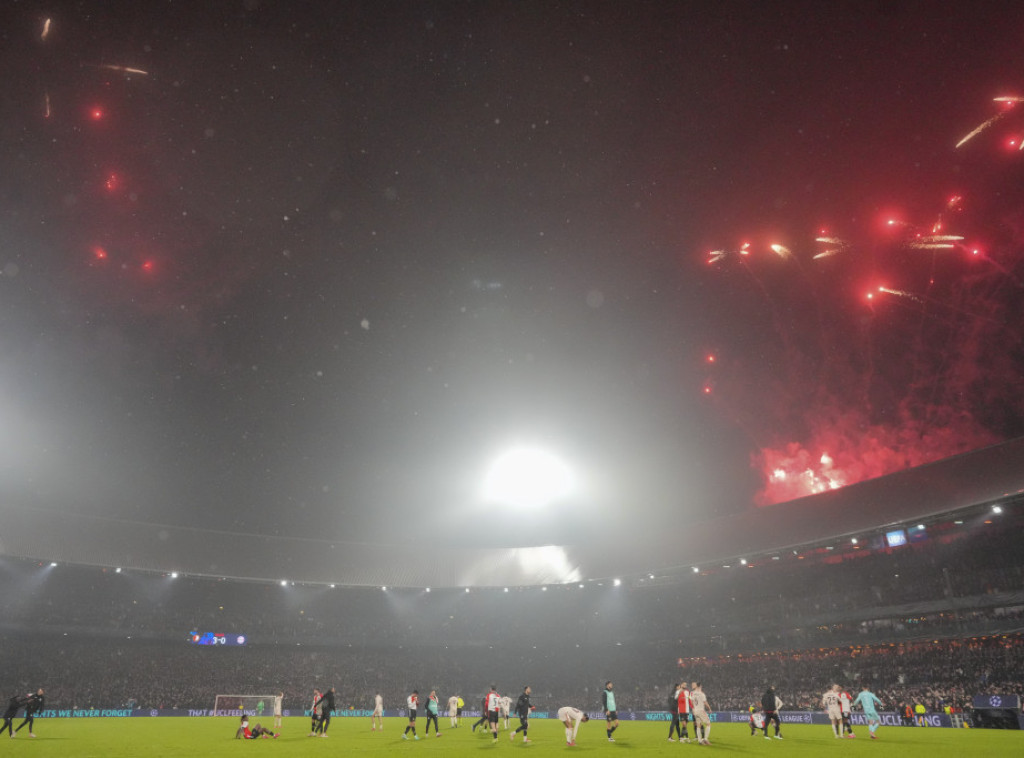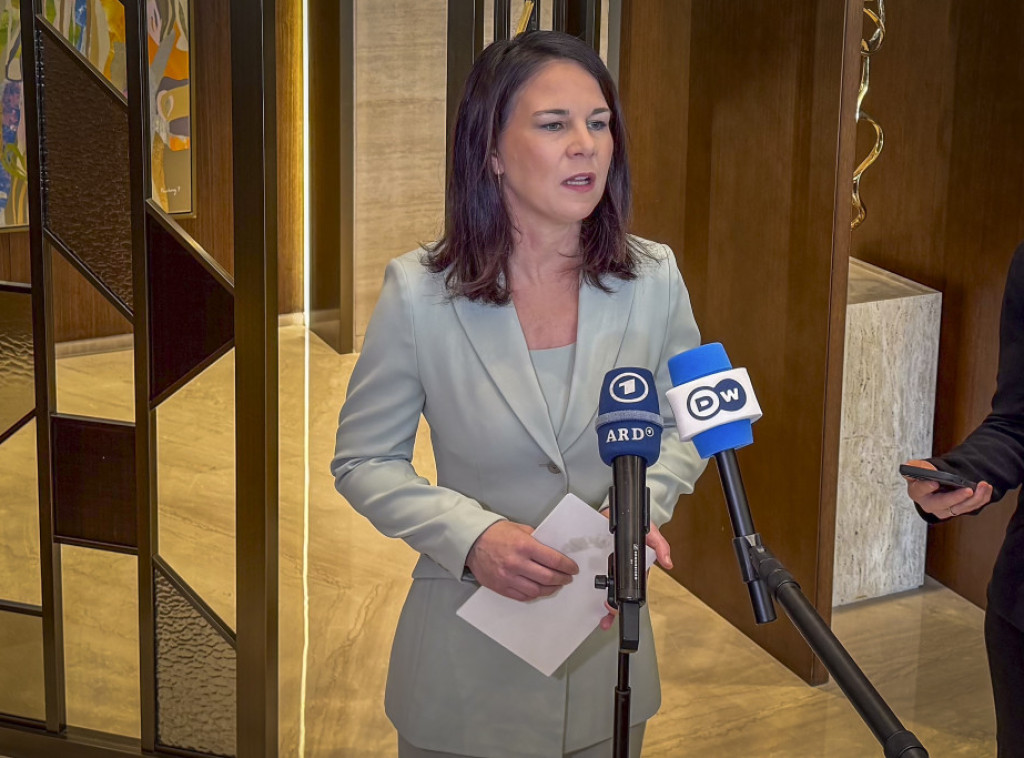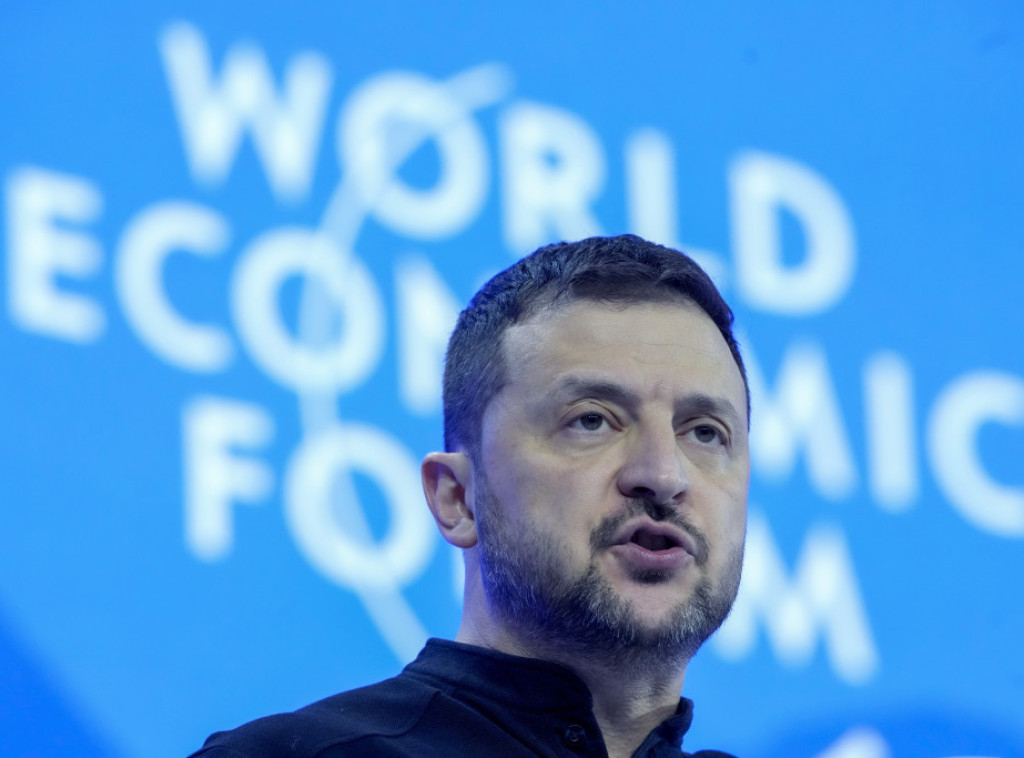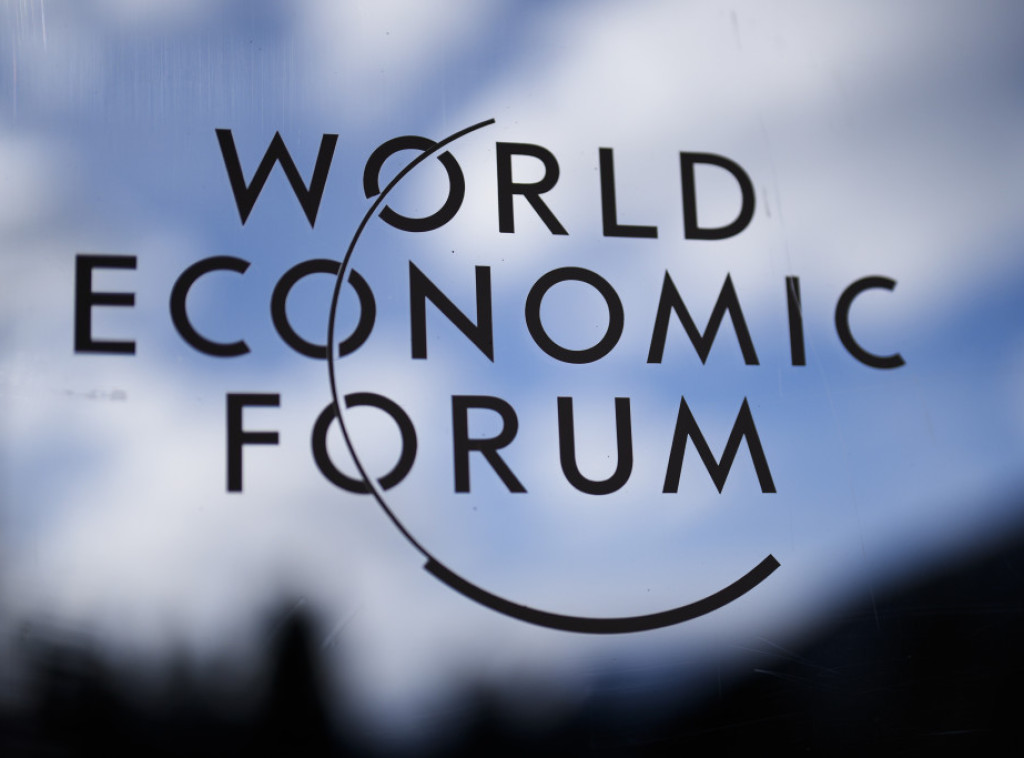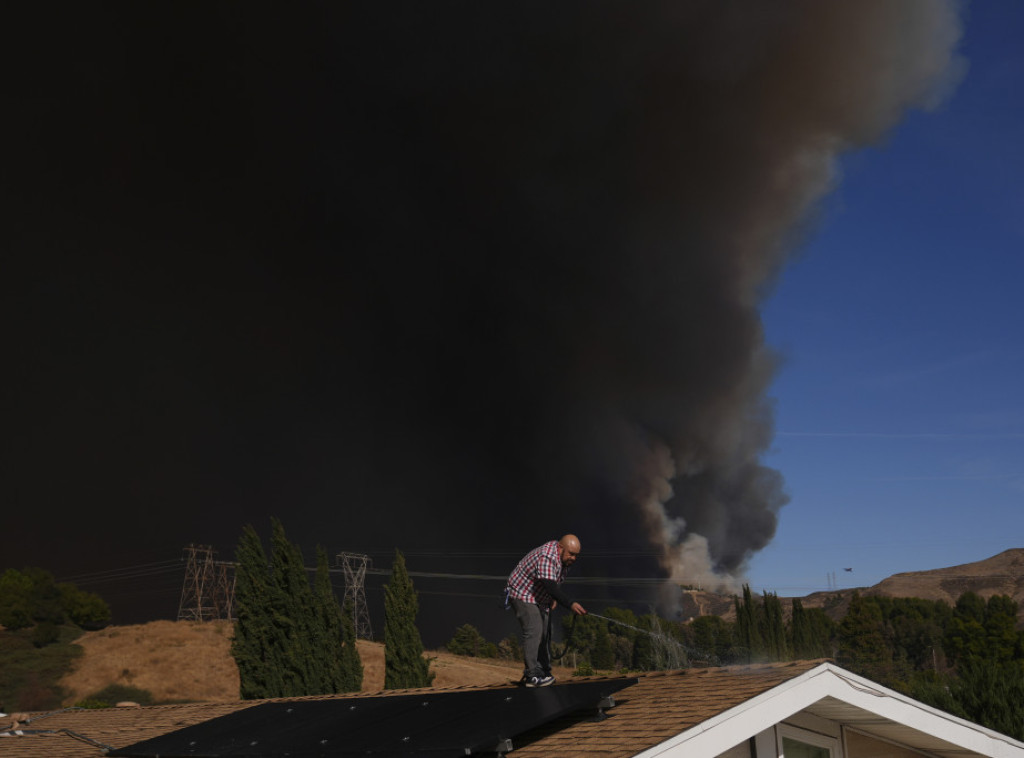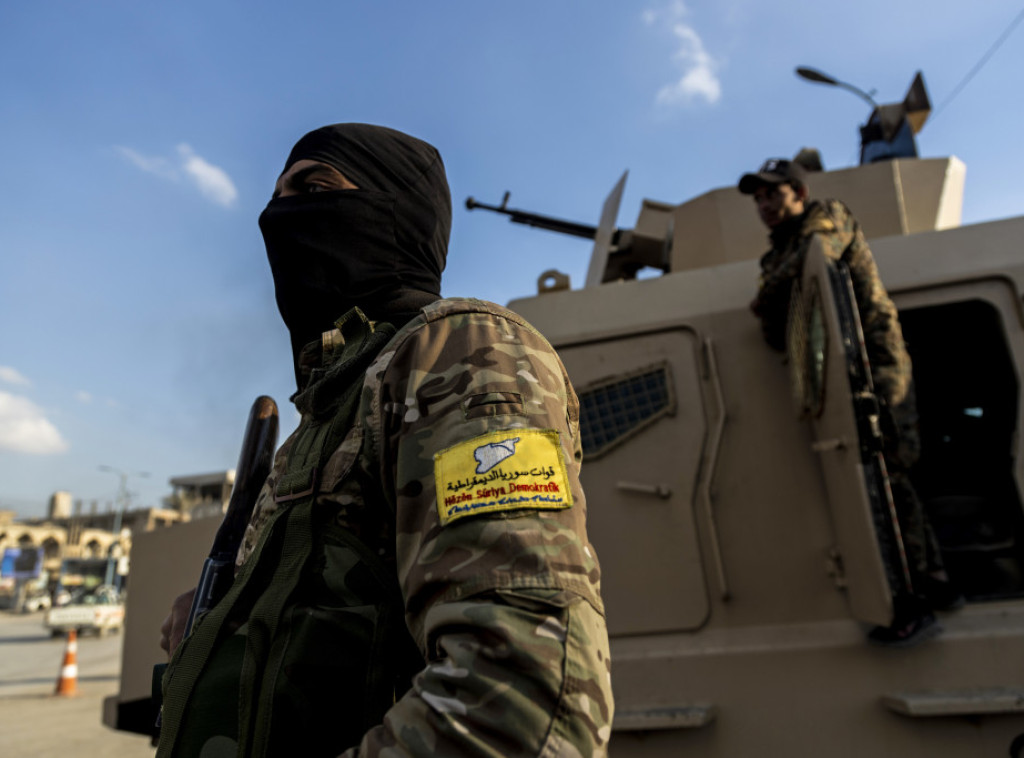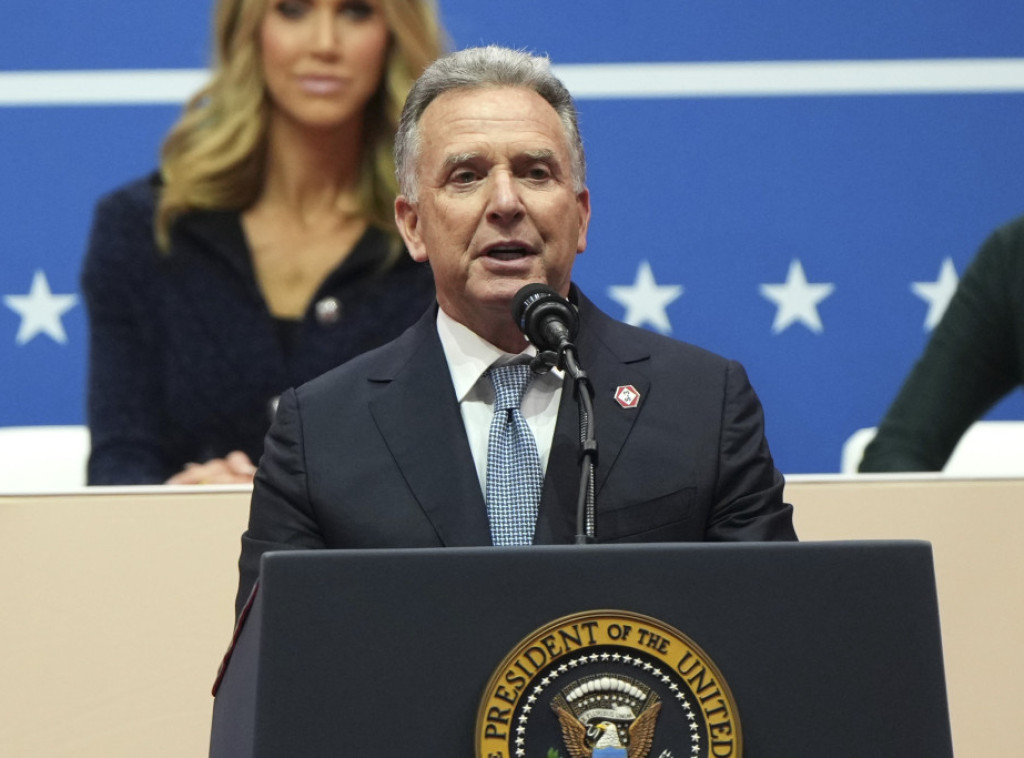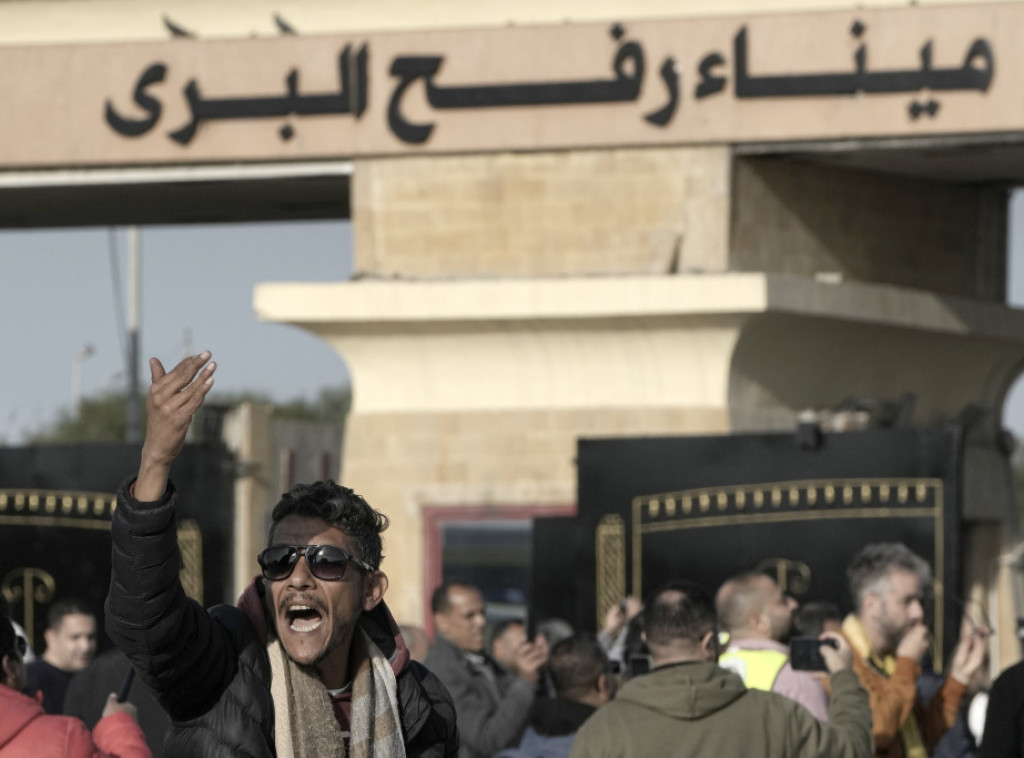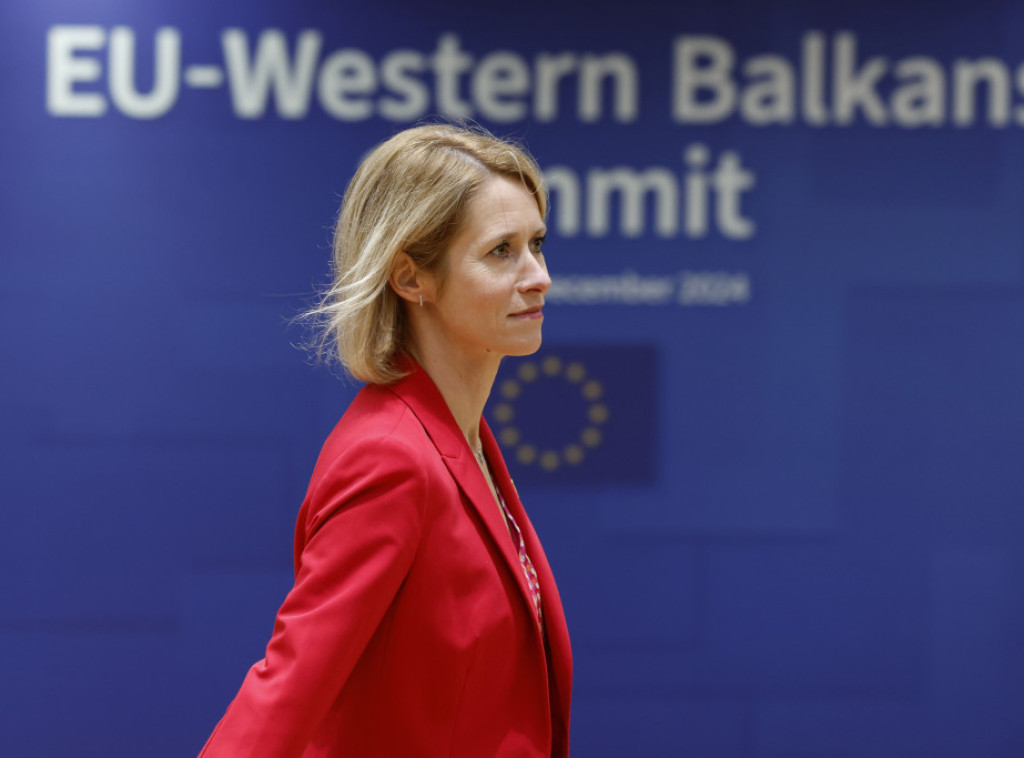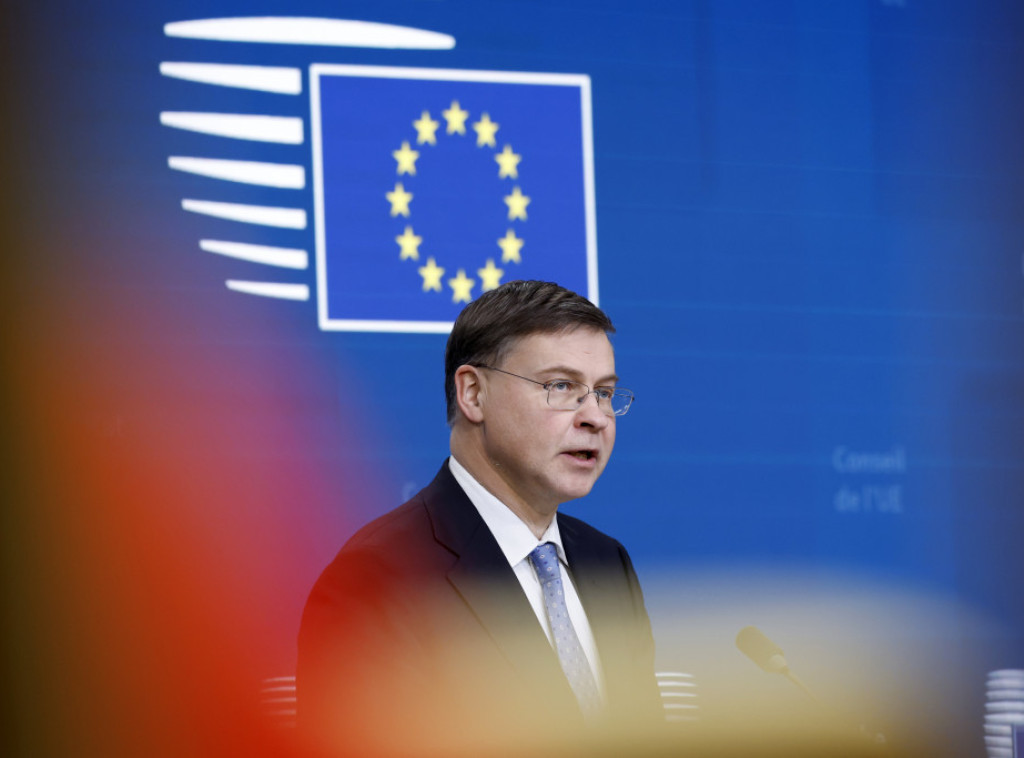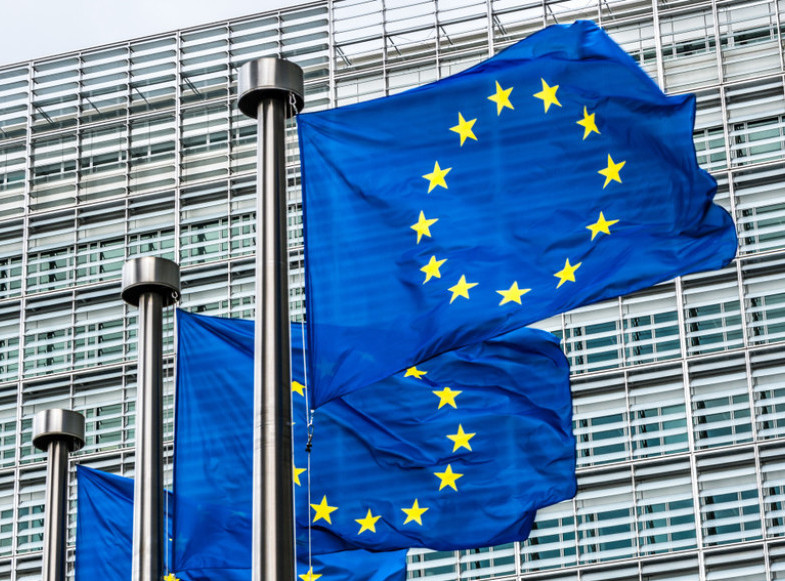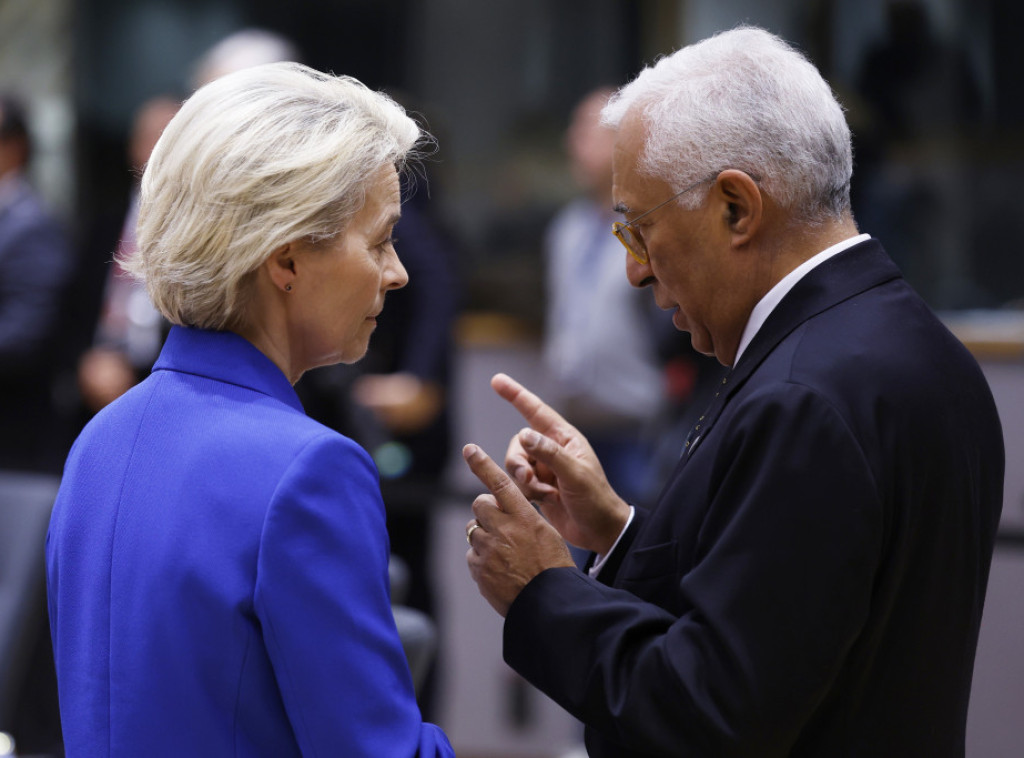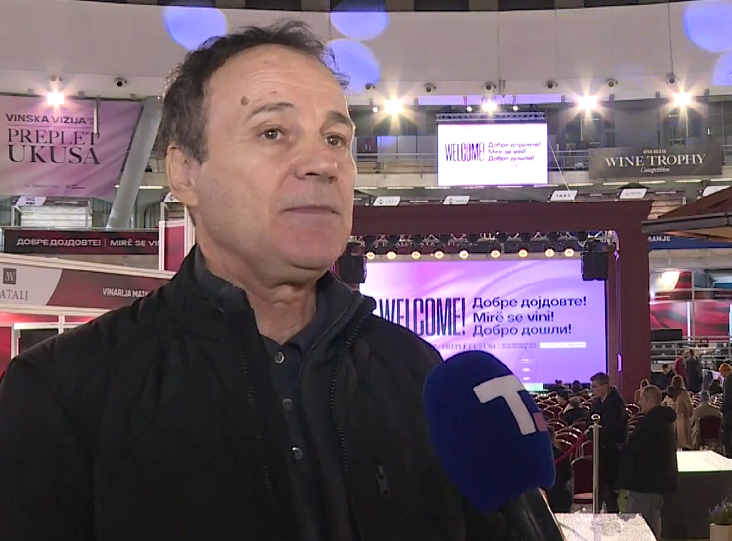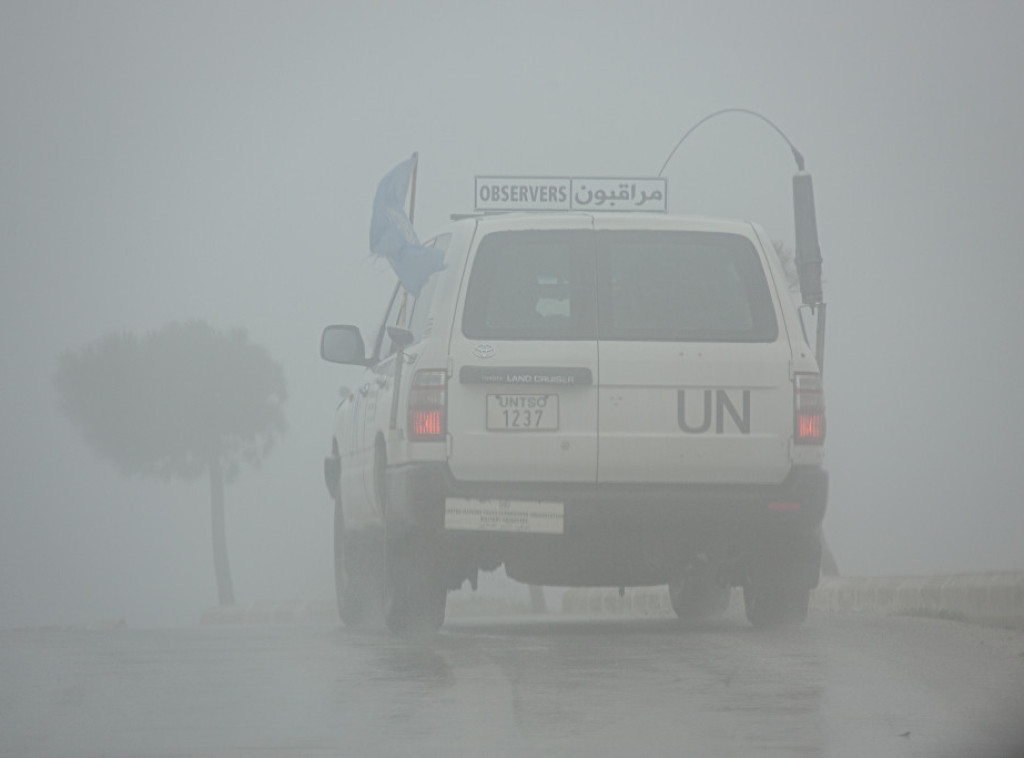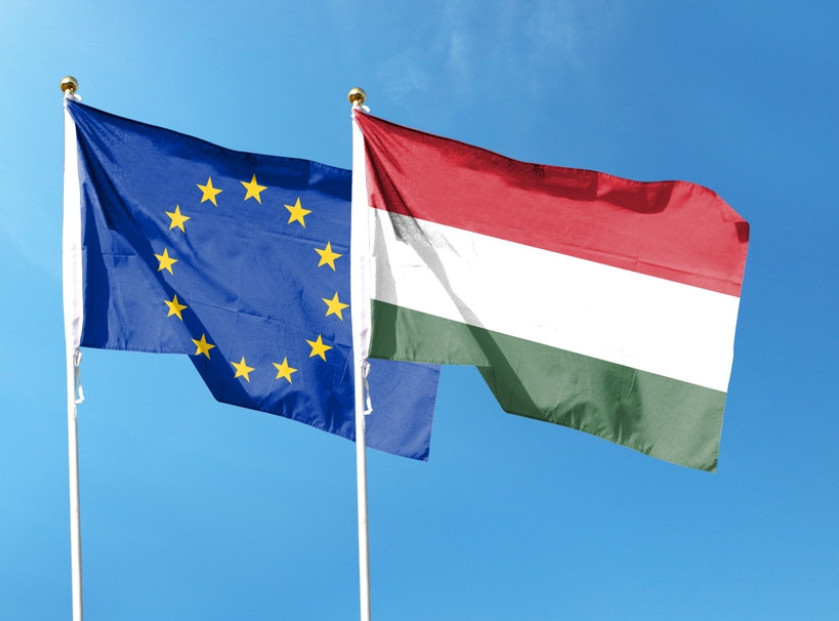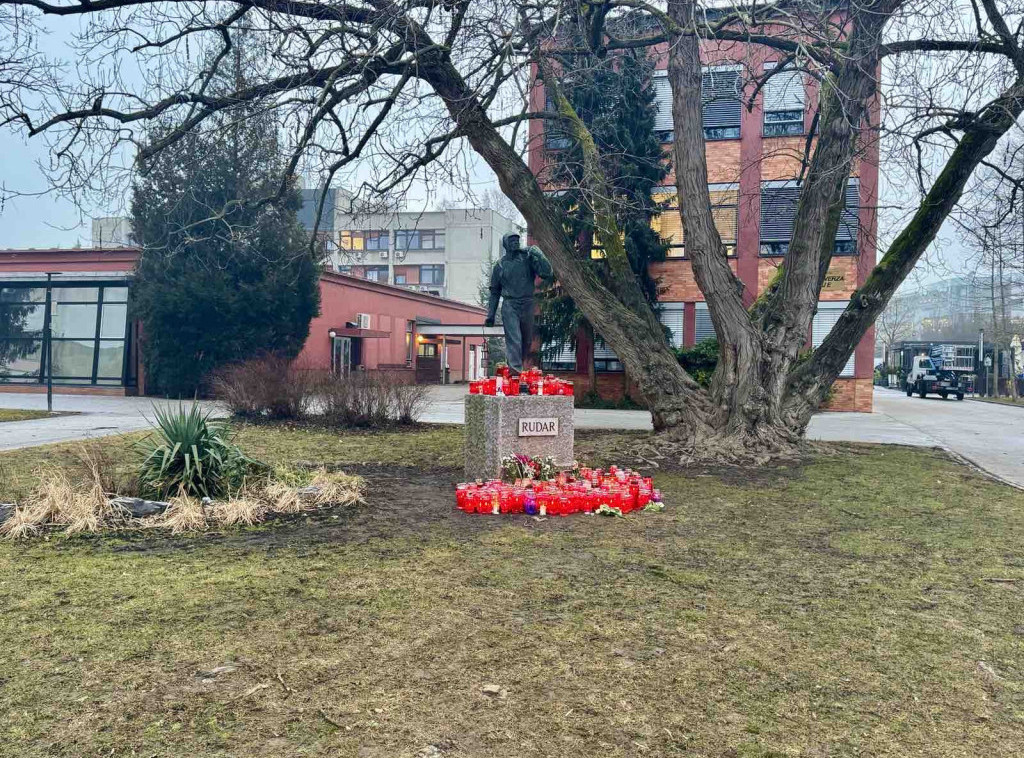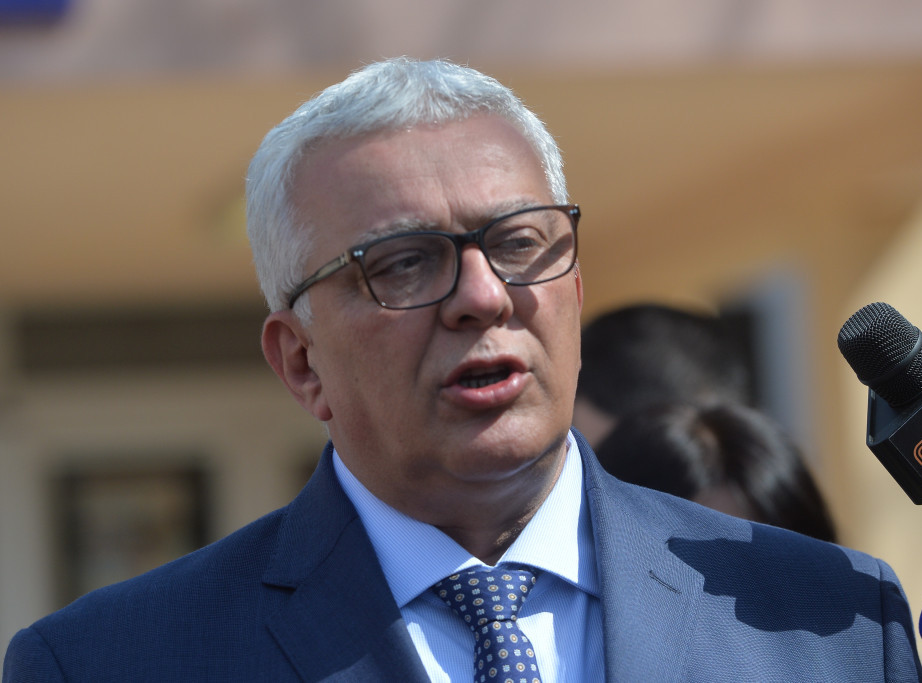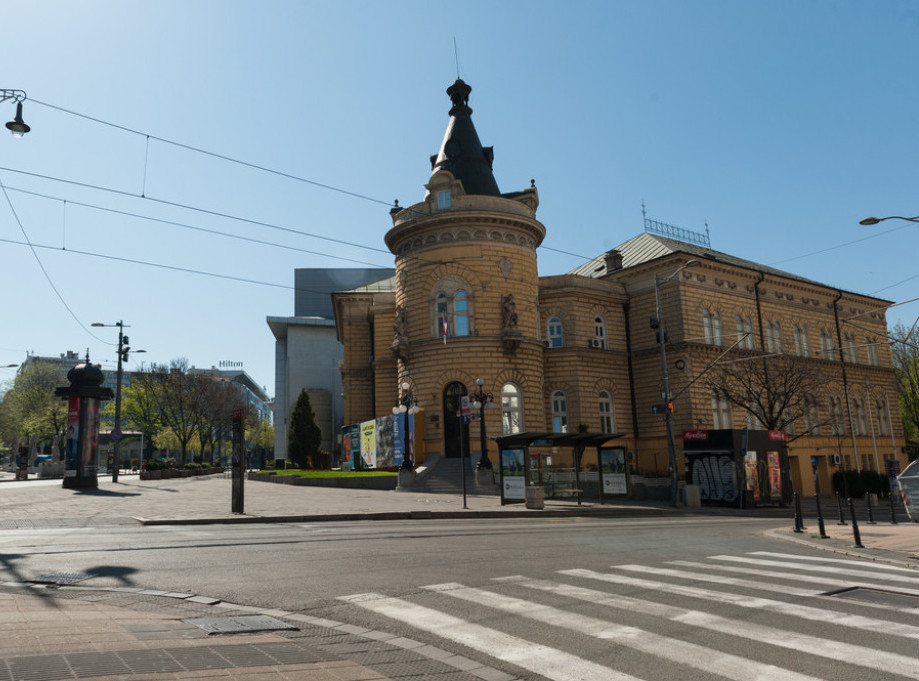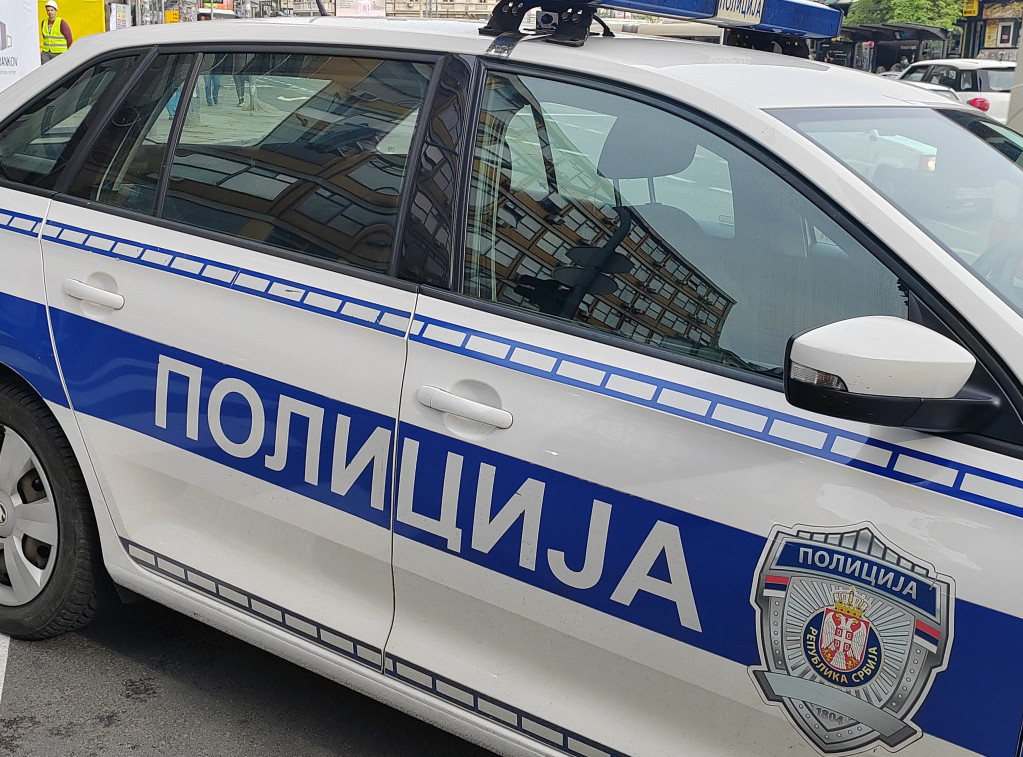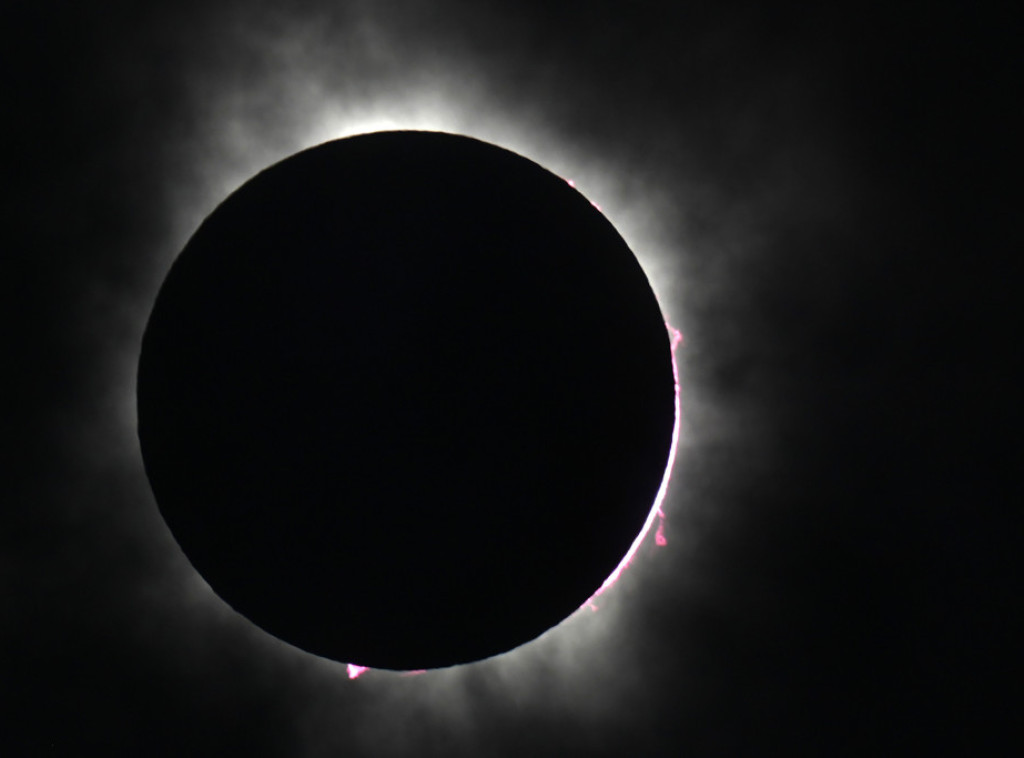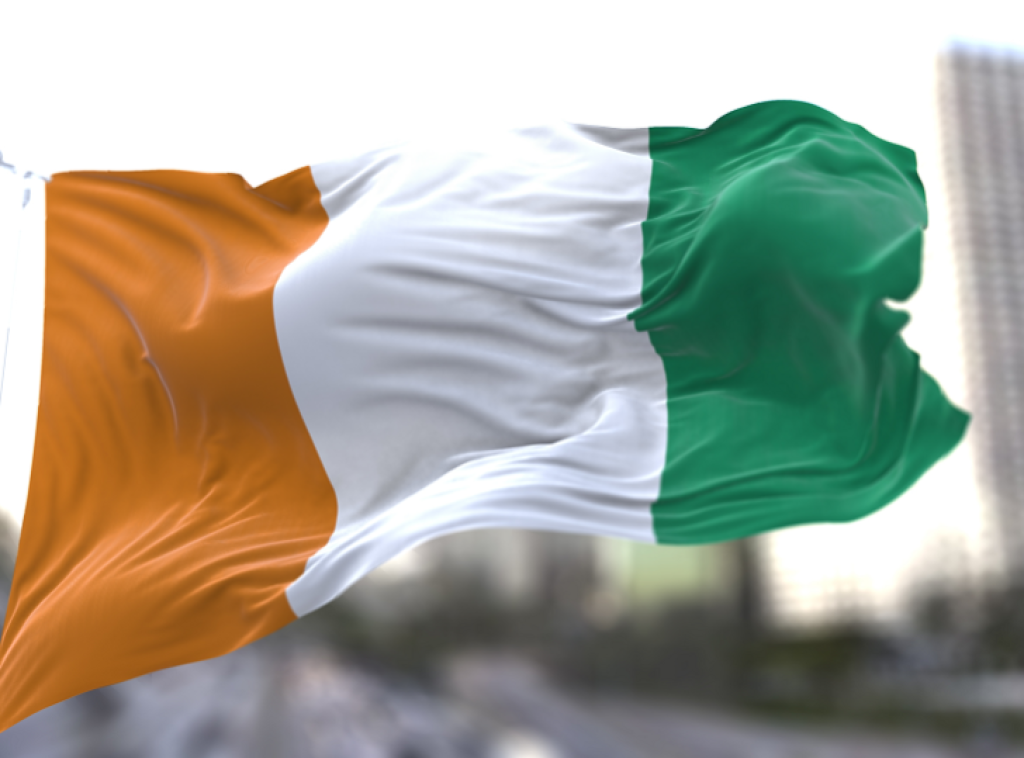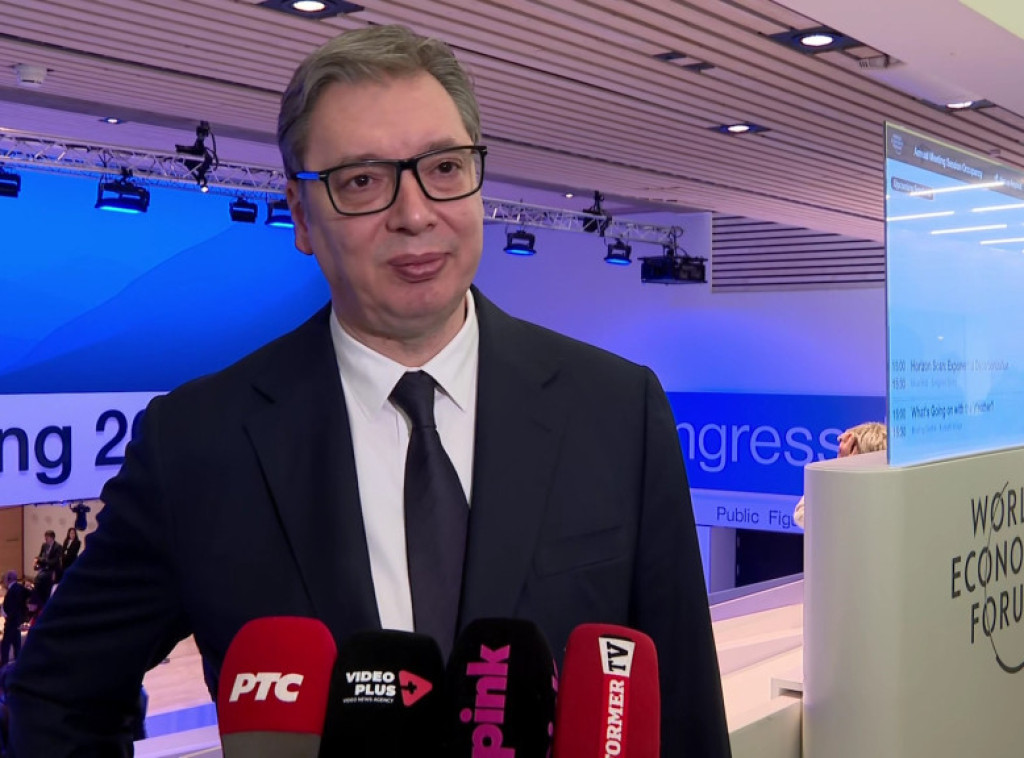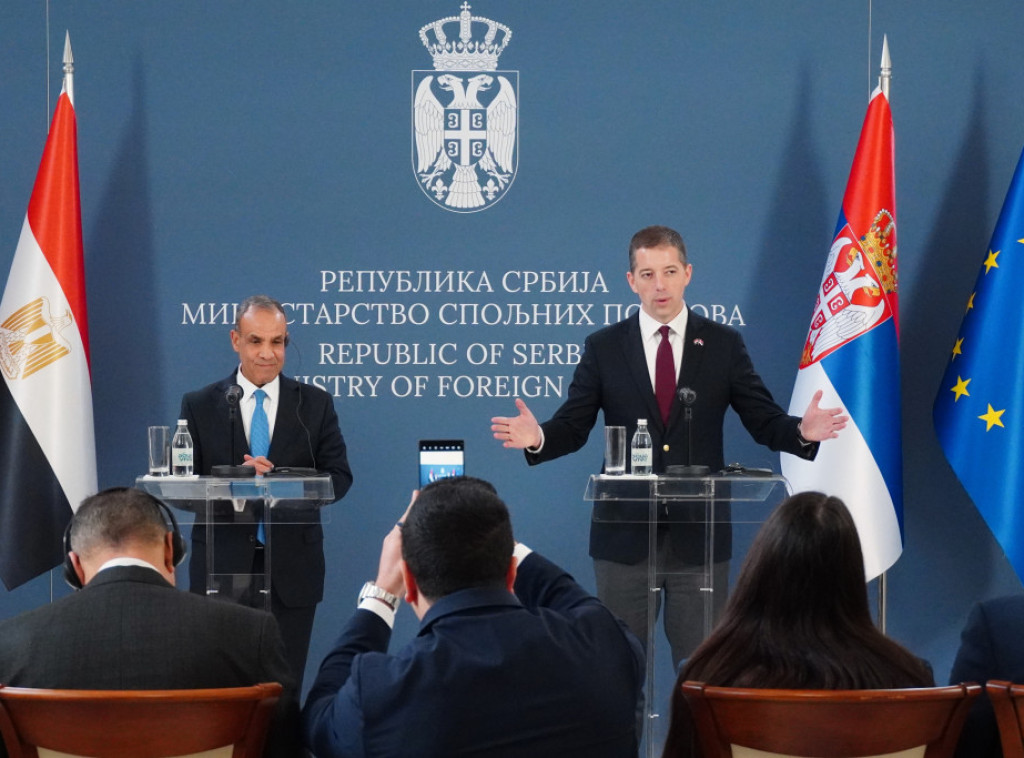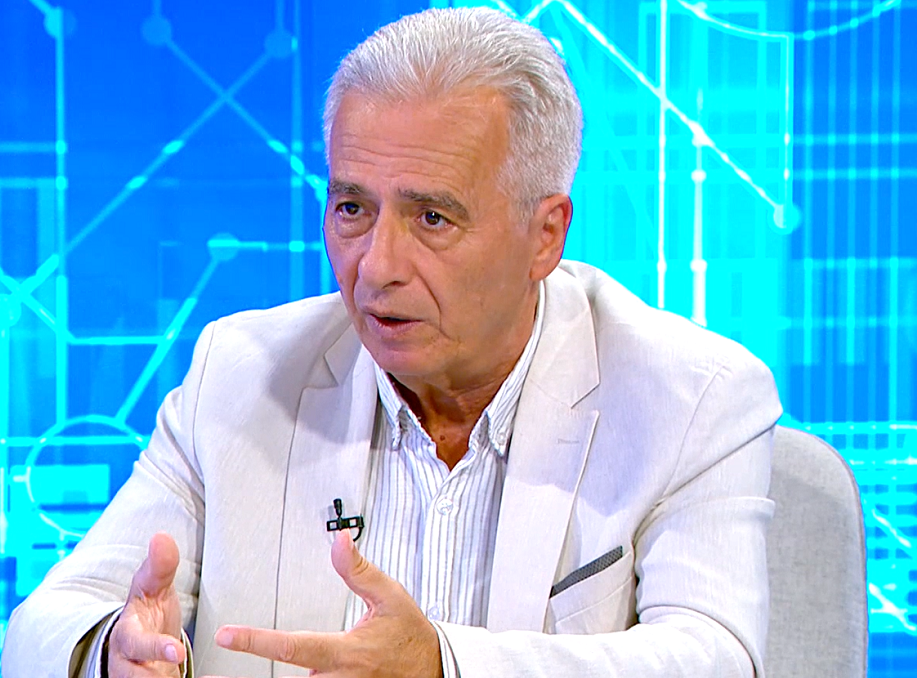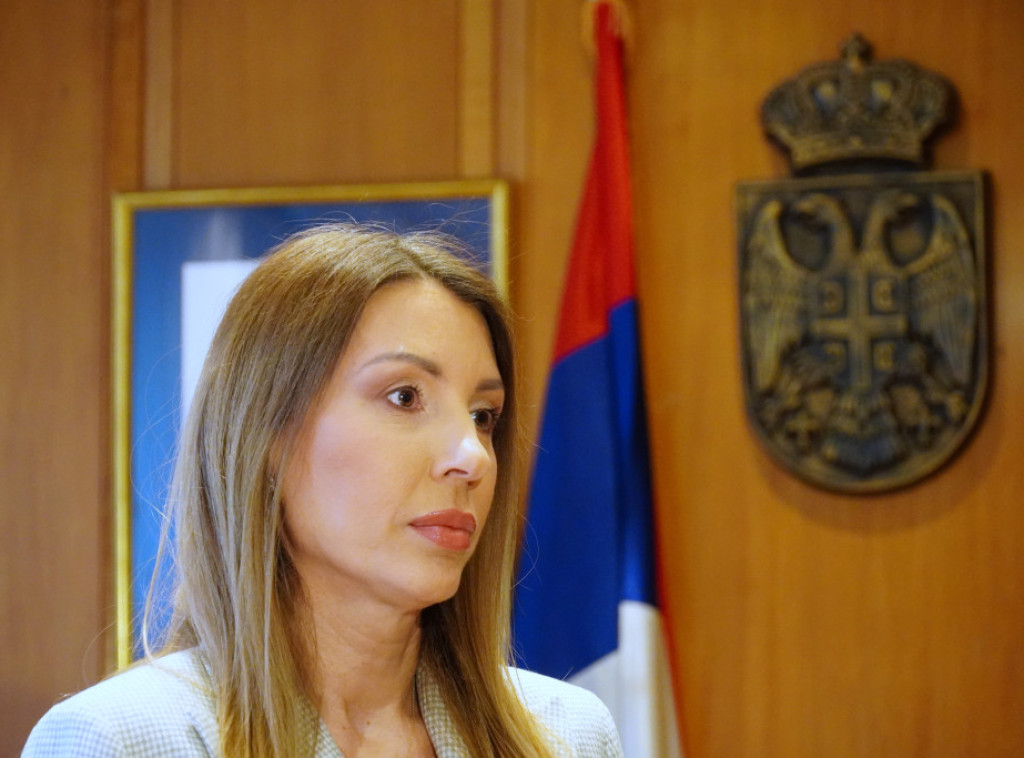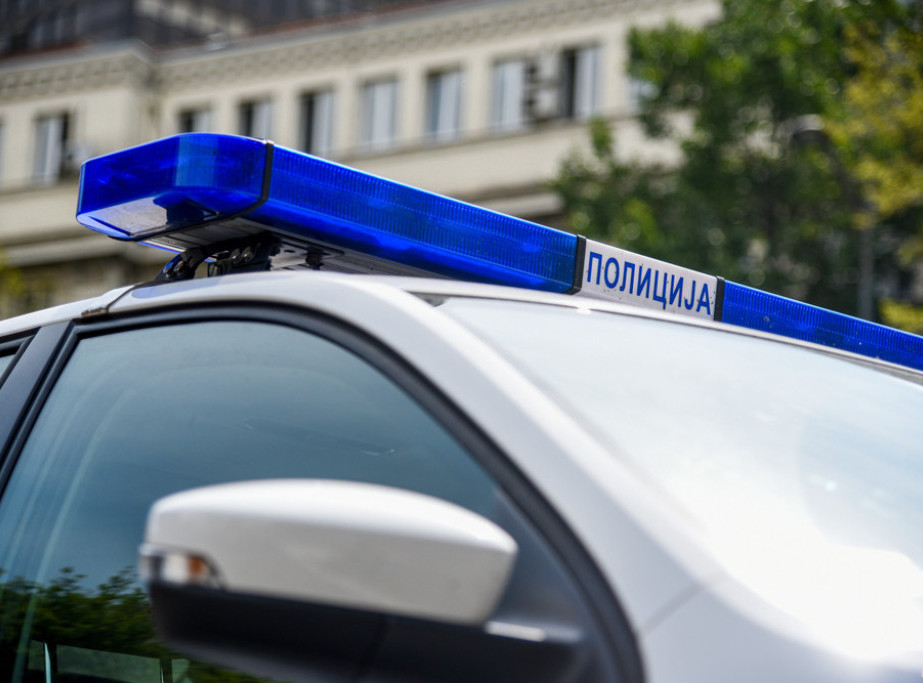
23. maj 2024 18:01
Srebrenica resolution highly politicised, Vucic says, calls on UNGA to vote against
podeli vest
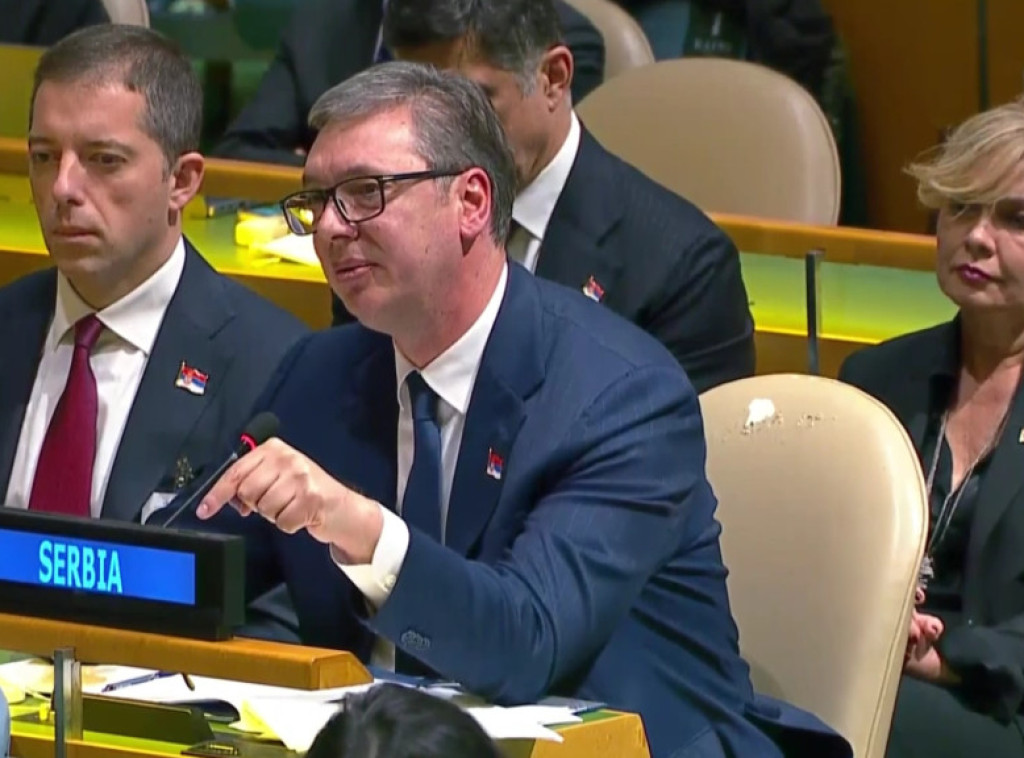
Foto: TANJUG/TANJUG VIDEO
NEW YORK - Addressing a UN General Assembly session on a Srebrenica resolution, Serbian President Aleksandar Vucic said the resolution was highly politicised, and called on all members of the UN body to vote against it.
"Why I am calling on everyone in this room to vote against the resolution? This is a highly politicised resolution and I would like to ask three questions to which we have not heard adequate answers from the main authors of this resolution, from Germany," Vucic said.
"They spoke about individual responsibility and made a reference to Montenegrin amendments. And I am asking you - if that is so, why is this resolution being adopted at all? When it comes to individual legal responsibility, it has already been done, delivered on through indictments, rulings, and all the people who have been indicted have already been convicted to prison sentences. There are no individual names in this resolution, there is no mention of that at all," he said.
Why is this resolution being adopted at all when the UN has already adopted the 2015 resolution on genocide worldwide, he asked.
"Why only this case, why only this example?" he added.
"Speaking against the resolution is not easy for several reasons - whatever you do, the big and powerful, those who dominate here and in the media, will accuse you of the grave crime that really happened in Srebrenica, in a situation where all moral justice is in their hands. They will accuse you of underestimating and minimising things because you dare to speak out against this," Vucic said.
It is hard to speak after Germany, which considers itself authorised to give lectures on morality to those who disagree with it, said Vucic, who addressed the UNGA after Germany's ambassador to the UN.
He added that the resolution would cause divisions in the region and that much work would have to be done to maintain peace and stability.
Why did the authors of the resolution not speak about genocide committed by their own countries, Vucic asked, adding that the Holocaust was the only genocide recognised by the UN.
"I just hope that, in line with the 2015 resolution, all other genocides, including the WWI genocide against the Serbs, will be recognised," Vucic said, noting that Serbia had had the highest number of WWI fatalities in the world relative to its size and population, having lost 28 per cent of its total population in the war.
"In WWII, we were one of the few anti-Nazi nations in southeastern Europe and we paid the highest price in southeastern Europe," Vucic said, pointing out that more than one million Serbs had been killed in WWII by German or Croatian Nazis.
"I do not want to talk about Gaza and other issues today, but no one should underestimate the people who are here in this room because everyone will understand everything," he said.
Quoting the German ambassador, who expressed equal regret for victims on all sides, Vucic asked why that sentence had not been included in the resolution.
"Do you know why there is no such sentence in this resolution? Because they do not mean that and because they did not want to talk to anyone," he said.
"Will this resolution ensure peace and stability in the future? I have quite a lot of doubts about that."
He asked the "big and powerful" why they had needed to put so much pressure on UN member states in the past seven days to ensure they supported a resolution against a small country like Serbia.
"Why did you threaten member states that did not want to vote for this resolution by saying that they would not get your support on economic and all other issues if they did not vote for the resolution? Is that what European values, democratic values are, or did you think I cannot speak about that?" he said.
Noting that the resolution would open a Pandora's box, Vucic said the UN would face dozens of such genocide resolutions in the future.
The resolution was passed with 84 votes in favour and 19 against and 68 abstentions.
It designates July 11 as “International Day of Reflection and Commemoration of the 1995 Genocide in Srebrenica."

